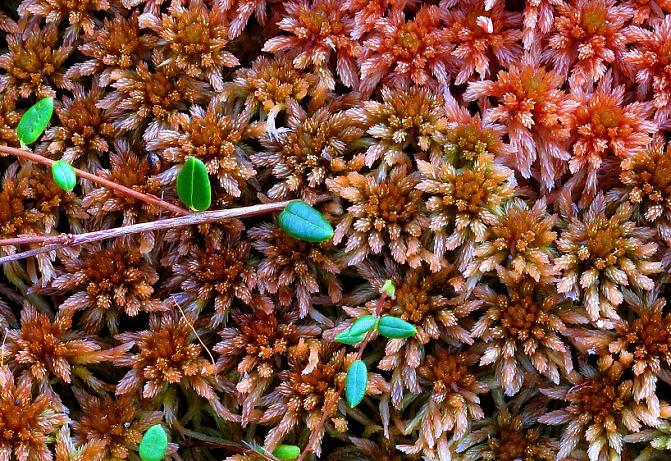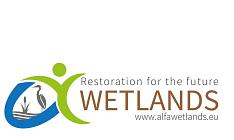Project management
Stakeholders


Wetlands cover 5-8 % of the world’s land area and have a huge capacity to sequester carbon (C). Healthy wetlands accumulate C effectively due to water-logged conditions promoting highly stable C content. The European Union (EU) aims to cut greenhouse gas (GHG) emissions by at least 55 % by 2030. This ambition requires new GHG mitigation measures within all sectors including land use, land use change and forest (LULUCF) sector, where wetlands as C rich ecosystem can contribute to efficiently to both EU's climate targets and biodiversity strategy.
Currently there is still a high uncertainty prevails of wetlands’ spatial and C sink extent, as well as source estimates and sustainable alternatives in restoration. This hinders the efficient use of wetlands in C mitigation and adaptation in the context of other LULUCF mitigation options.
ALFAwetlands is Horizon Europe funded project and is coordinated by Natural Resources Institute Finland. In ALFAwetlands we will advance the state-of-the-art on the geospatial knowledge base on wetlands and their use and degradation in Europe. We will apply a co-creation approach to develop procedural knowledge and find ways for integrating multiple targets, supporting more inclusive, community-based approaches to wetland restoration. Diverse novel experimental data on ’ecosystems responses to wetlands’ management and restoration regimes under different types of land-use and will be acquired and synthesised on biodiversity and other ecosystem services (BES).
ALFAwetlands will be carried out at local, regional, national and EU levels with 14 partners around Europe, Finnish meteorological institute is our partner from Finland. At the local level, Living Labs (LL) support and integrate interdisciplinary and multi-actor research on ecological, environmental, economic, and social issues. Models will be utilised to scale up experimental data from LLs, to gain an understanding of the potential impacts of upscaled wetland restoration options on BES provision, as well as changes in BES provision at the EU level for various policy-relevant time periods and the most policy-relevant climate change CC mitigation and BD targets. We will assess the societal impacts of wetland restoration, especially on BES benefits and costs of different restoration approaches and wellbeing impacts at local, national, and EU levels.
Our ultimate goal is to improve the geospatial knowledge base of wetlands, to evaluate pathways of wetland restoration that incorporate a co-creation process, and to provide information and indicators for sustainability to maximise climate change, biodiversity and other ecosystem benefits.
EU’s Nature Restoration Law proposal sets targets for restoration. Initial assessment of the potential impacts for Finland have been published by the Natural Resources Institute Finland (Luke). Large-scale restoration mainly in wetlands, forests, and inland waters must be conducted to halt biodiversity loss. However, the state of the ecosystems and needed restoration actions are still uncertain.
Read the article in ALFAwetlands website
Picture: Hannu Nousiainen

